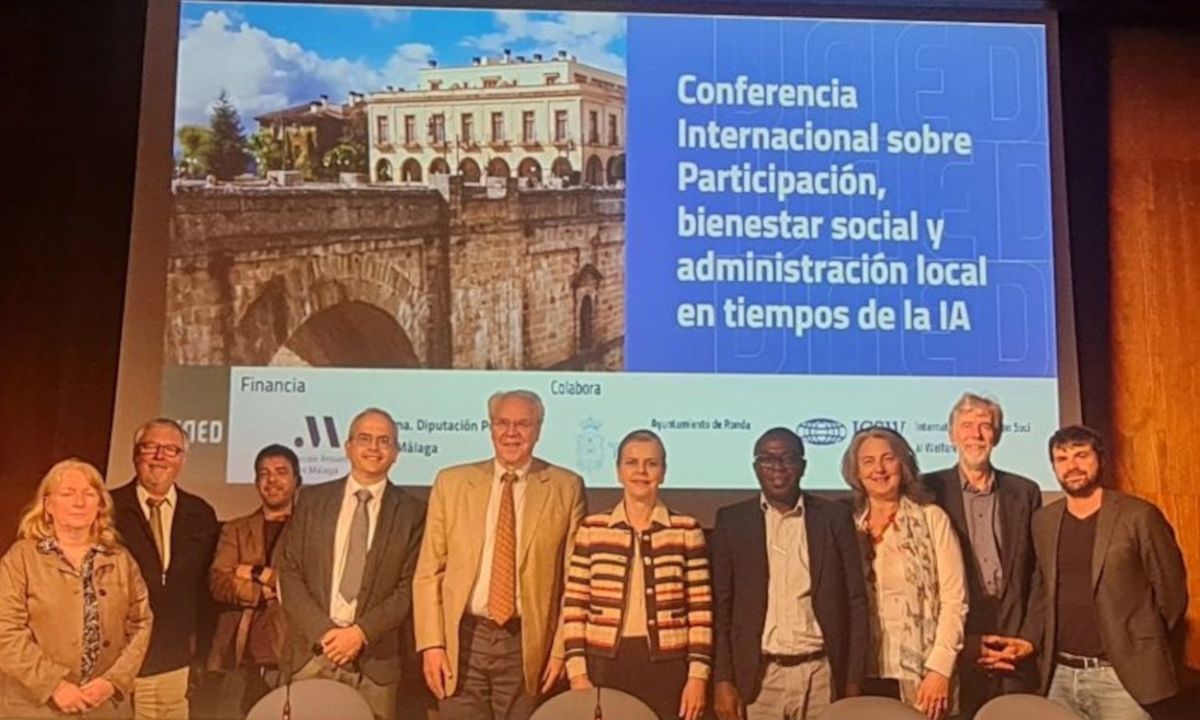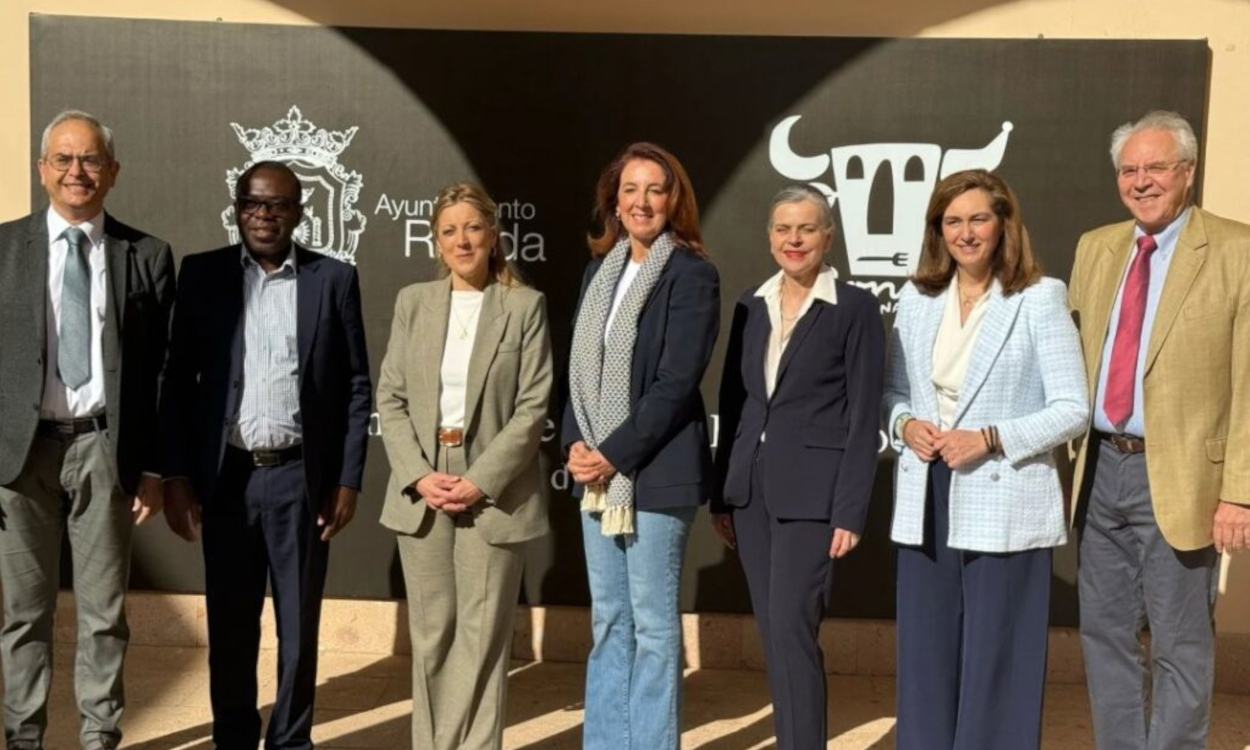Ronda Conference: Rethinking Participation for Responsive and Adaptive Welfare Systems

Featured Article From Global Newsletter - April-May 2025
The recent conference held in Ronda, Spain, on 24–25 April brought together stakeholders, experts, and practitioners from across the social policy and development sectors to explore the urgent need to reimagine welfare systems in response to today’s unprecedented global challenges. The Presidents of the three partner organizations—Prof. Antoinette Lombard (IASSW), Dr. Sergei Zelenev (ICSW), and Prof. Joachim Mumba (IFSW)—actively participated in the discussions and endorsed the conference’s outcome documents. UNED provided vital logistical support.

The discussions emphasized the importance of embedding human rights-based approaches into social policies and social work practices. Central to this was the role of participation—understood as inclusive, meaningful, and collaborative engagement of citizens—in shaping and implementing social policies that are resilient, equitable, and legitimate. Participants acknowledged that societies worldwide face a complex and rapidly evolving set of challenges. The aftermath of COVID-19 exposed and deepened existing inequalities, while technological advancements and demographic shifts continue to reshape social dynamics. Meanwhile, climate change and geopolitical instability threaten the very foundations of social cohesion and development. These challenges demand innovative, adaptable social policies grounded in human rights principles.
The conference reached a clear consensus that participation must be at the heart of these transformative efforts, enabling responsive welfare systems that address the needs of all citizens.
A key observation was the dual role of participation as both a means and an end in democratic societies. Participation empowers citizens to shape policies that affect their lives, fostering a sense of ownership and belonging. This empowerment is essential to counter democratic disenchantment and reduce the appeal of populist movements, which often flourish when people feel disconnected from decision-making processes.
Importantly, the conference highlighted that meaningful participation extends beyond electoral cycles. It helps build a collective sense of purpose and trust in democratic institutions and is vital for community cohesion and the provision of social services. Participation also enables individuals to achieve well-being and a sense of agency. Moreover, it creates a feedback loop that allows communities to adapt to evolving challenges and pursue shared goals, thereby enhancing overall social welfare.
Participants emphasized that broad-based participation—including civil society organizations, nonprofits, and even private sector actors—can drive the co-design and co-creation of social services and public goods, such as environmental protection. Citizen participation thus emerged as a transformative innovation in social protection policies, shifting from top-down approaches to more responsive and equitable systems that reflect real community needs. By including diverse voices, participation fosters social inclusion and strengthens trust in public institutions.
The conference reaffirmed the partners’ commitment to human rights principles as the cornerstone of meaningful participation. These principles—human dignity and the universality of rights; nondiscrimination and equality; the right to full participation; and the accountability of public duty-bearers—were recognized as essential foundations for building inclusive and democratic societies.
Discussions underscored the following implications:
- The Right to Participate: Every individual must have the opportunity to participate in decisions that affect their lives, ensuring their voices are heard and considered in policy-making.
- Equal Access: Access to services and decision-making processes must be equitable to prevent discrimination and marginalization.
- Transparency and Accountability: Public duty-bearers must act transparently and be accountable for their decisions, fostering trust between citizens and institutions.
- Adequate Resources: Sufficient resources must be allocated to support participation opportunities, ensuring that engagement is meaningful and sustainable.
In conclusion, the conference established a strong consensus that participatory approaches rooted in human rights principles are essential for building welfare systems that can respond to today’s complex challenges. By embracing participation as both a means and an end, societies can foster social cohesion, trust, and resilience. The guiding principles of human dignity, equality, accountability, and adequate resourcing must inform efforts to implement meaningful participation at all levels of governance. In this way, the conference laid a solid foundation for rethinking participation as a key pillar of responsive and adaptive social policies in the 21st century.
ICSW Ronda Conference Documents:






